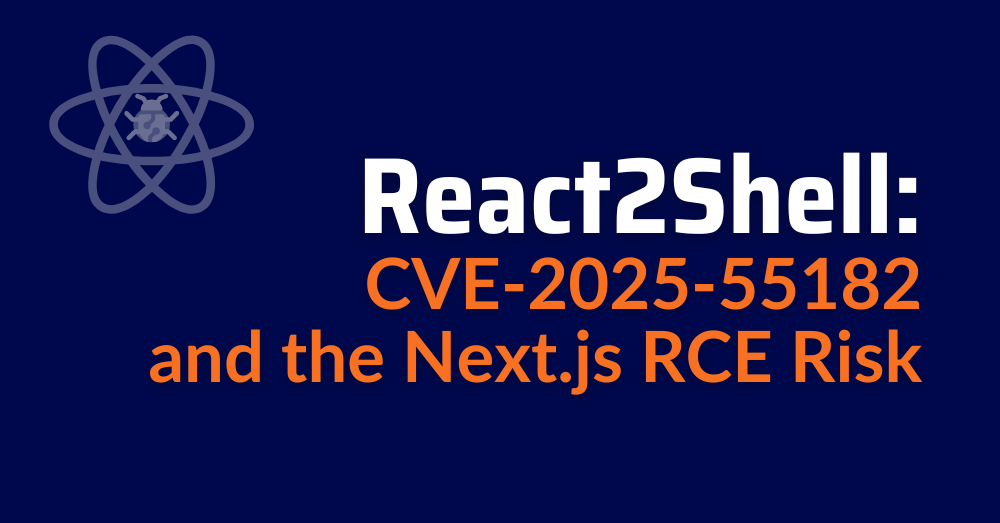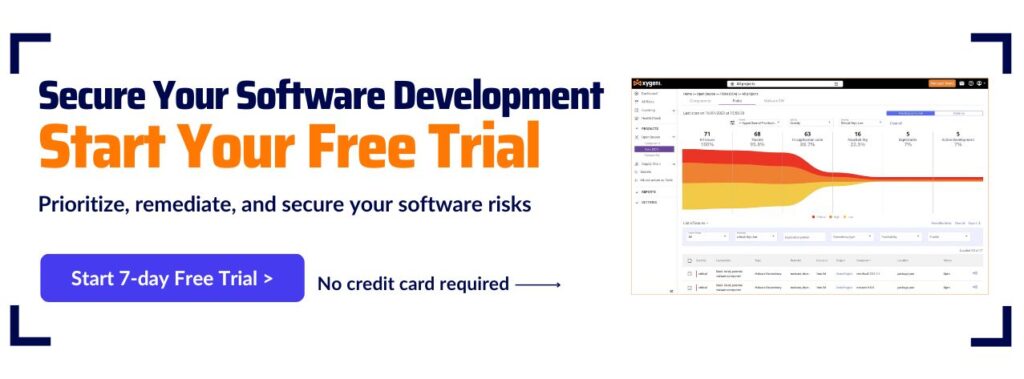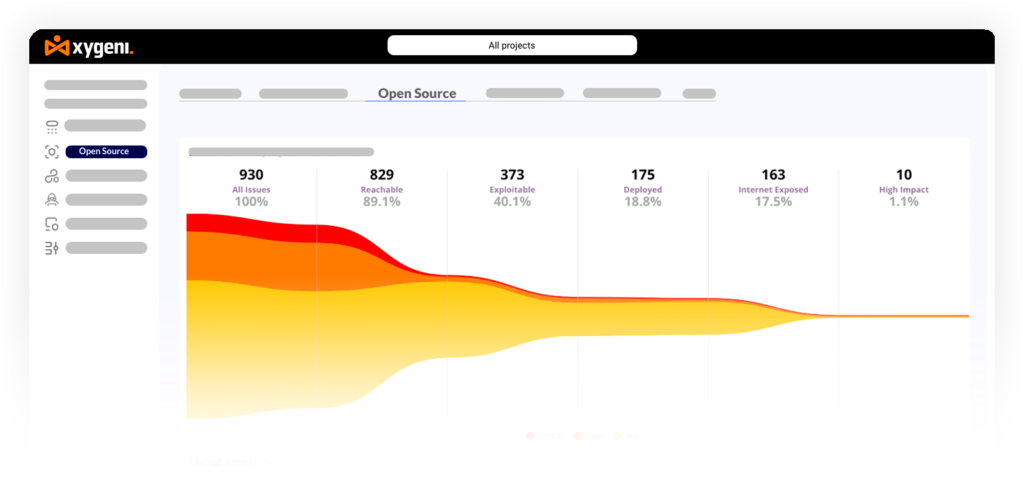For developers, seeing that your credentials has been pwned is more than a warning; it is a wake-up call. In fact, it means that your passwords, API keys, or tokens have already leaked into the wild, often through a public breach or a careless commit. Moreover, while checking a pwned checker is a good first step, developers need more than that. Accordingly, they need practical ways to handle leaks, revoke access quickly, and stop secrets from slipping into repositories again. Therefore, this is where secrets detection and automated security come into play.
What “Has Been Pwned” Means in Practice
When a developer has been pwned, it usually involves more than a personal account. Leaked credentials often include:
- Cloud provider keys with admin rights
- GitHub or GitLab tokens granting repo access
- npm or PyPI publish tokens
- Database connection strings with production data
Unlike the average user, developers hold the keys to entire systems. Moreover, if a developer’s account or token has been pwned, attackers can clone repos, publish malicious packages, or even take over CI/CD pipelines. Accordingly, the impact is much greater.
How Developers Can Check If They Have Been Pwned
First step: Know if attackers already exposed your data. After all, you cannot fix what you cannot see. Moreover, using a pwned checker helps you confirm if credentials you still rely on appear in public breach databases. For example, developers can integrate a pwned checker directly into their workflows by calling its API before allowing a password or token to be used.
For example, developers can call the API in their workflows:
curl https://api.pwnedpasswords.com/range/21BD1This API safely returns a list of hashes, allowing you to check for matches without sending your actual password. Furthermore, teams can integrate a pwned checker into their pipelines to ensure no developer account relies on a known-compromised password.
What to Do If Your Account Gets Compromised
If your account has been pwned, act immediately:
- Firstly, rotate all exposed credentials, including passwords, API tokens, and SSH keys.
- Secondly, revoke old tokens in GitHub, GitLab, AWS, or npm.
- Thirdly, audit your repos and pipelines for suspicious activity.
- Finally, notify your team so they can also verify their accounts with a pwned checker.
Afterward, implement continuous secrets detection. Because once a secret has leaked, attackers may already have it. Therefore, only revocation and replacement truly remove the risk.
How Not to Get Pwned Again: Secrets Detection and Prevention
The best way to avoid another has been pwned moment is prevention. Therefore, stopping secrets from leaking in the first place is critical. Moreover, this is exactly where secrets detection becomes essential for developers working in fast-moving pipelines.
Best Practices for Secrets Detection to Prevent “Has Been Pwned”
To reduce the risk of future has been pwned incidents, follow these practices consistently:
- Never hardcode credentials in code or configuration files. After all, attackers actively scan repos for them.
- Use secret vaults and short-lived tokens; as a result, even if a secret leaks, its impact is minimal.
- Configure pre-commit hooks to block leaks directly on the developer’s laptop. Accordingly, secrets never reach remote repos.
- Scan repos continuously with automated tools; in fact, ongoing secrets detection catches new leaks right away.
- Add guardrails in CI/CD so builds fail automatically if exposed secrets appear. Consequently, unsafe code never reaches production.
Xygeni Secrets Detection in Action
Xygeni integrates secrets detection at every stage of development. Moreover, unlike simple scanners, it provides developer-first workflows that align with how real teams build and ship software:
- IDE Integration: Developers see real-time alerts in VS Code before commits leave their laptop. In fact, this stops secrets before they ever reach the repo.
- Pre-commit and PR Hooks: Secrets are flagged instantly, and fixes are suggested inline. As a result, unsafe commits never pass unnoticed.
- CI/CD Guardrails: Pipelines block builds when they detect credentials in code or config files. This setup automatically protects production.
- Automated Revocation: The system instantly revokes or rotates tokens, so exposed secrets stop working, even if they already has been pwned.
- Contextual Prioritization: Instead of raising noise on every string, Xygeni highlights high-value secrets like cloud keys, database passwords, or npm publish tokens.
Accordingly, Xygeni doesn’t just tell you that a secret has been pwned. It also provides immediate remediation, preventing attackers from turning a leak into a full breach.
Beyond Secrets: The Bigger Picture of “Has Been Pwned”
When a developer has been pwned, it often involves more than just exposed secrets. For instance, attackers frequently combine stolen credentials with malicious packages or poisoned pull requests. In fact, software supply chain attacks thrive on exactly this combination.
Therefore, developers should think about “being pwned” in a broader sense:
- Secrets leaked in commits
- Dependencies swapped for malicious versions
- CI/CD pipelines exploited with over-privileged tokens
Accordingly, by extending secrets detection with full supply chain security, teams significantly reduce the chance of being pwned at scale.
Conclusion: Staying Ahead of “Has Been Pwned”
For developers, the phrase has been pwned is not just a scary alert, it is a call to act fast. Moreover, checking a pwned checker helps you confirm exposure, but prevention is the real solution. With secrets detection, vaults, pre-commit hooks, and guardrails in CI/CD, leaks can be stopped before they ever become breaches.
Xygeni takes this even further. With secrets scanning in IDEs, automated revocation of exposed tokens, and CI/CD guardrails, it ensures that when developers risk being pwned, they already have strong defenses in place.









